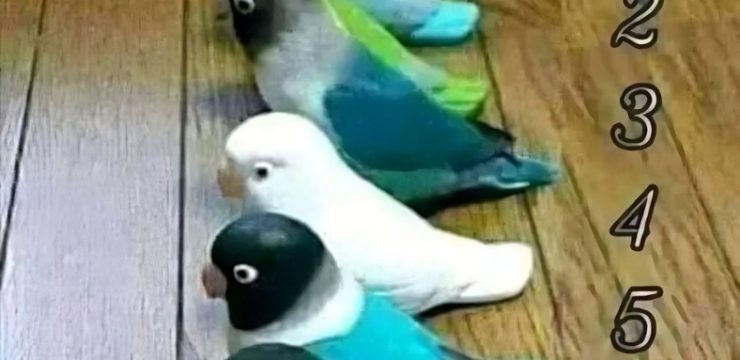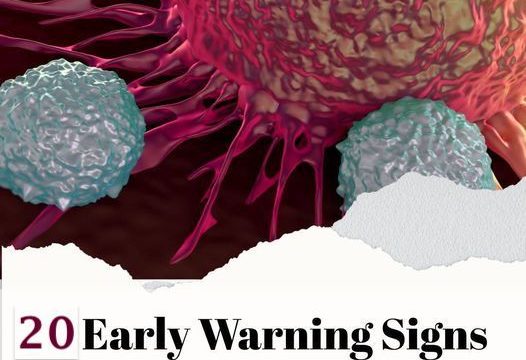Your kidneys play a crucial role in keeping your body healthy by filtering waste and excess fluids from your blood. When they start to fail, the body sends out warning signals that shouldn’t be ignored. Recognizing these symptoms early can make a significant difference in managing kidney health. Here are eight key signs of kidney failure you should watch out for:

1. Discolored Urine
Your urine can reveal a lot about your kidney health. Since the kidneys are responsible for filtering waste and producing urine, any unusual changes in its color, smell, or frequency may indicate a problem.
- Frequent urination, especially at night
- Blood in the urine
- Foamy urine
- Green or reddish discoloration
If you notice these symptoms, it’s important to consult a healthcare professional as they could be early signs of kidney failure.
2. Difficulty Sleeping and Sleep Apnea
Kidney failure can disrupt your sleep patterns. Many people experience:
- Difficulty falling asleep
- Frequent waking during the night
- Episodes of stopped breathing while sleeping (sleep apnea)
- Loud snoring
These symptoms are linked to the buildup of toxins in the body, which can affect your sleep quality and overall health.
3. High Blood Pressure
Your kidneys and your circulatory system are deeply connected. The small nephrons in your kidneys filter waste and excess fluids from your blood. When the kidneys aren’t functioning properly, they can cause:
- Increased blood pressure
- Fluid retention
- Damage to blood vessels
If you’re struggling with persistent high blood pressure, it’s worth checking your kidney health.
4. Back Pain
Kidney failure can cause dull or sharp pain in the lower back, usually under the ribs or near the groin. This type of pain is often accompanied by:
- Fatigue
- Nausea or vomiting
- Frequent urination
- Fever
If you experience these symptoms together, seek medical attention promptly.
5. Swollen Ankles, Hands, and Feet
When your kidneys fail, they can’t remove excess sodium from your body efficiently. This sodium buildup can cause:
- Swelling in the ankles, feet, and hands
- Puffiness around the eyes
- A feeling of tightness in your skin
Persistent swelling should not be ignored, as it can indicate advanced kidney issues.
6. Shortness of Breath
Frequent shortness of breath, especially when performing everyday tasks or carrying heavy objects, can be tied to kidney failure. This happens because:
- Excess fluid builds up in the lungs
- The body isn’t producing enough red blood cells, leading to anemia
If you constantly feel out of breath, even after minimal physical activity, it’s time to consult a healthcare provider.
7. Bad Breath and Metallic Taste
One common sign of kidney failure is persistent bad breath and a metallic taste in the mouth. These symptoms occur because toxins that the kidneys would typically filter out are now building up in your bloodstream.
This buildup can:
- Cause a sour or metallic taste in the mouth
- Lead to persistent bad breath
- Reduce appetite
If these symptoms persist despite good dental hygiene, it’s worth investigating kidney health.
8. Itchy and Dry Skin
Healthy kidneys help remove waste and excess fluids from your blood, keeping your skin healthy and smooth. When kidney function declines, waste starts to build up in the body, leading to:
- Dry and flaky skin
- Intense itching
- Peeling or cracking skin
If you’re experiencing chronic skin issues accompanied by other symptoms on this list, it may be a sign of kidney problems.
Taking Action Early Can Make a Difference
Kidney failure doesn’t happen overnight—it develops gradually, often showing subtle symptoms at first. If you notice one or more of these signs, don’t ignore them. Early detection and treatment can help slow the progression of kidney disease and improve your quality of life.
Take control of your health by scheduling regular check-ups, maintaining a balanced diet, staying hydrated, and avoiding overuse of medications that may harm your kidneys.
Your health is worth the effort—don’t wait until it’s too late. If something feels off, trust your instincts and seek medical advice promptly.





